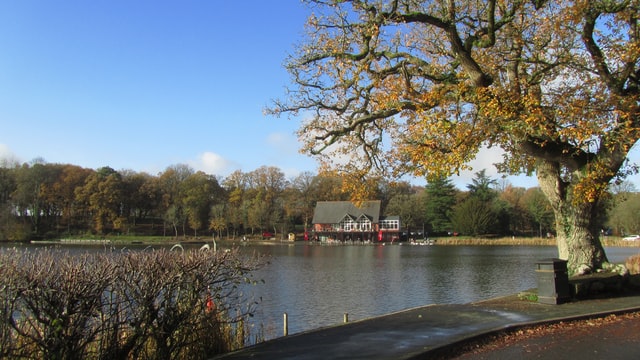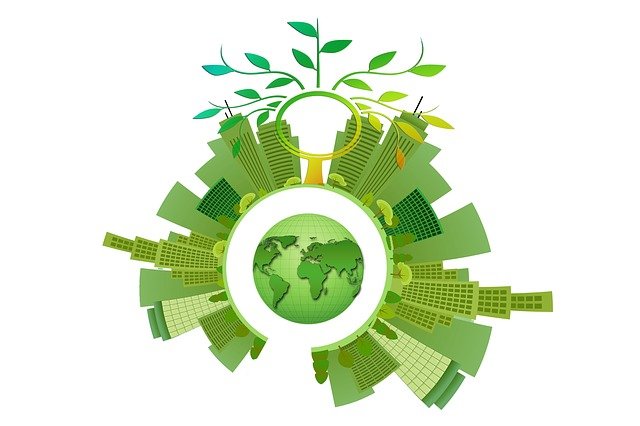

As we already know that during the past few decades, technology has fundamentally changed our lives and some of them have sparked intense debates about the future of these technologies by policymakers. Nowadays, energy is very essential for the quality of life and has a pivotal factor in the economic growth and development of any country.
Different policies are developing around the globe for renewable energy resources to reduce the dependence on fuel to produce electricity. The electricity produced by renewable resources is cleaner than the electricity produced by coal-fired power generation because it does not emit carbon into the atmosphere that causes global warming and pollution to Earth.
Although this way of generating energy seems eco-friendly for the atmosphere and natural resources, there arises some socio-economic considerations and ethical issues, that whether the high cost of implementing this system is actually helping the environment or not, particularly to those countries which are under development and have low employment status.
I am writing this blog to raise the importance and understanding of the ground realities of society in which the technology has to operate in. Therefore, the analysis of the socio-economic consideration tools i-e SWOT (Strength, Weakness, Opportunity, and Threat), PESTLE (Political, Economic, Social, Technological, Legal, and Environmental) and STEEPLE (Social, Technological, Economic, Environmental, Political, Legal and Ethical) are very crucial.
We must always welcome new innovations and their benefits it, but we must also commit to sustainable development, by viewing the issues of human inequalities, dignity, and inclusiveness. Some technologies progress independently of political support. But in that case, good governance and ethical considerations must still be the main focus. I have studied literature related to this particular subject and I consider that we need more research work. This would be a very interesting topic for research work also.
Solar Energy: Source of Sustainable development rather than an environmental liability
Solar energy is certainly a prerequisite for sustainable development because of its reduced or sometimes no dependence on natural resources including fuel, water, and Coal.
European Union accepted the concept of sustainable development in 1990 and defined this concept as an important economic, social, cultural, and technological development adjusted with the protection of the environment and enables the current generation to meet the need without compromising the quality of life of the future generation.
Renewable technology leads us to sustainable development because of its less consumption of natural resources. This concept is upgrading the life and environment and also focused on the preservation of the natural eco-system. Although this technology has reduced the environmental impact, it may interfere with land disturbance of the local community. This facility could also affect the designated areas such as wilderness areas, protected areas, areas of environmental concern, and special recreation management areas. Proper management and decisions can help to reduce and avoid the land disturbance
Purposed Methodology
To identify the problems, barriers, restrictions, and opportunities for Solar Systems, business tools i.e SWOT, PESTLE, and STEEPLE can be analyzed. Under these tools, the study can find socioeconomic factors. The methodology can be classified into Surveys, Questionnaires, and Open-ended Questions within the community. In-depth interviews with experts in a particular area (where the technology is implemented) can also be done in order to analyze the operation of new Environmental friendly technologies. The company/Organization and researcher can then decide and consider the factors by rapid response and good value services to the community in the future.
Business Analysis
To run a business of technology in the market or in the local community, either bigger or small scale, business owners or government policymakers need to conduct various analyses to understand the locals. There are many methods, which can help to conduct the analyses before making a decision. SWOT analysis is the most commonly used technique, but STEEPLE and PESTLE are also used by companies that identify the internal and external factors, which are favourable or sometimes unfavourable to achieve a specific target. These analyses can also be used to examine business solutions in case of some problems and organizational capabilities.
In order to determine which technique is better, depends upon the reality, culture, and habitat of the community. Innovations are good and should always be welcome if it brings justice to human and environment. To take into account, human need is important but without deteriorating the natural environment. Each advanced technology poses some ethical values for humans and their environment. Therefore policymakers and most important scientists should incorporate the technology into the environment with some ethical and socio-economic considerations.



